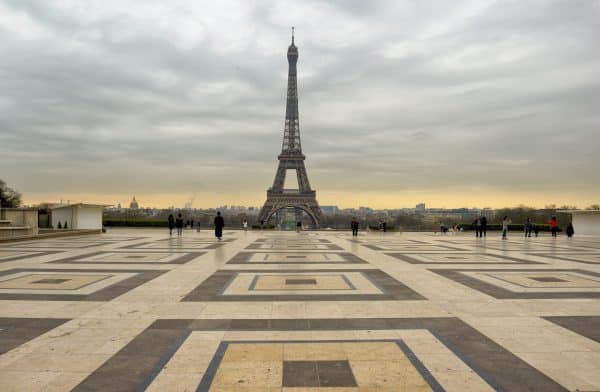
![]()
Contrary to reports that the rest of Europe was shocked at Ireland's move back into lockdown, several EU countries have moved to impose more severe restrictions. Amid a very concerning surge in Covid-19 cases, Europe's countries have taken emergency action.
Virologist and EU Covid-19 adviser Dr Peter Piot, at a joint press conference with European Commission president Ursula von der Leyen, said, "We should not waste our time, and we should certainly not wait until people start dying in great numbers because that follows about three to four weeks after there is a surge in infections, and that is as sure as night follows day."
If action isn't taken Dr Piot said, "the toll in deaths will be enormous...millions will die."
Ms Von der Leyen said that "obviously the exit strategies were partly too fast and measures were relaxed too soon."
President Macron, in a televised address to the nation, announced a second nationwide lockdown in France for at least the month of November. Making the same move as Ireland, Mr Macron announced that unlike during the first lockdown, schools would remain open.
France's restrictions were more severe than ours last time and so it is second time around.
"The virus is being transmitted across France at a speed that even the most pessimistic did not predict. Like last spring, you will be able to leave your home only for work, for a doctor's visit, to help a relative, do essential shopping or go out shortly for air."
Once more, people in France will have to carry a written statement showing the reason why they are out of their homes. Fines will, again, be imposed on anyone who does not have a valid written reason for being outdoors. France reported 523 deaths yesterday. This is the highest figure since April when the country was caught in the grip of the initial coronavirus surge.
Germany, where new cases of coronavirus have reached 15,000 per day, will impose a less severe lockdown than that in France, for at least a month. All bars, restaurants, gyms and theatres must close their doors once more. Schools will remain open. Chancellor Angela Merkel said, “We must act, and now, to avoid an acute national health emergency.”
Germany, due largely to its very robust health service and early response to the pandemic has experienced a relatively low death rate amongst its Covid-19 patients.
In the Netherlands, its partial lockdown has been extended into December. There, cases have surged past 10,000 per day. Dutch Prime Minister Mark Rutte said, "We are now at the crossroads. It is too early to say if the measures of October 13 are having an impact and too early to take more measures. If we look at the figures, the week on week growth is slowing, but the number of new infections is still too big and must go down." The Prime Minister warned that further action may be taken in the coming days. The Netherlands has closed all of its bars and restaurants. Schools remain open.
The UN health agency has advised that Covid-19 cases in Europe have surged by 35% compared to the previous week. Ursula von der Leyen said, "The European Union, Britain, Norway, Switzerland and Iceland alone accounted for 1.1 million cases over the past seven days and we expect this number to keep rising in the next two to three weeks, and rapidly”.
There are hopeful signs in Ireland, however with the daily cases falling by 50% from the highs of a couple of weeks ago. Dr Tony Holohan has said that it is still too early to tell whether the increased restrictions here are working as they should.